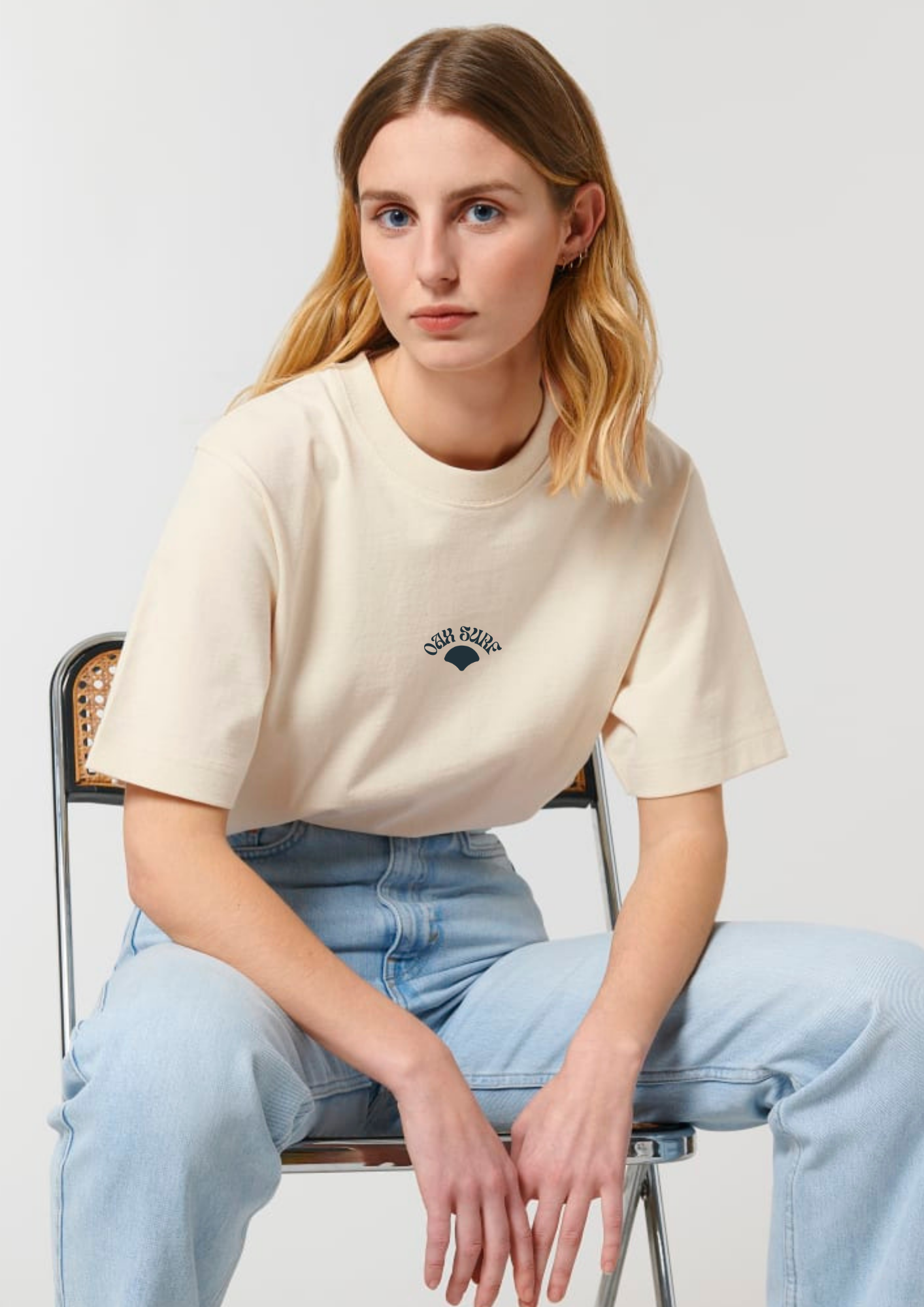
Surf Gear Innovations for a Green Wave: Tendances durables dans le surf
Share
As the world becomes increasingly conscious of the need for sustainable practices, the surf industry is no exception. Surfers, known for their deep connection to the ocean, are leading the charge in adopting more eco-friendly solutions for their beloved sport. From innovative board materials to sustainable wetsuit alternatives, the surf community is embracing a greener future.
Eco-Friendly Surfboard Innovations
One of the most significant trends in the surf industry is the shift towards more sustainable surfboard materials. Traditional surfboards have long been made with polyurethane foam and fiberglass, which can have a significant environmental impact during the manufacturing process and when the boards reach the end of their lifespan.
However, companies like Wyve are leading the charge in eco-friendly surfboard design. By utilizing sustainable materials such as plant-based resins and recycled plastics, these innovative brands are creating boards that are not only high-performance but also kinder to the planet. The use of 3D printing technology in the manufacturing process further reduces waste and allows for more customized, on-demand production.
Neoprene Alternatives: Reducing the Impact of Wetsuits
Another area of focus in the sustainable surf movement is the search for alternatives to traditional neoprene wetsuits. Neoprene, a synthetic rubber material, is notoriously difficult to recycle and can have a significant carbon footprint during its production.
Fortunately, surfers now have access to a growing number of eco-friendly wetsuit options. Brands like Patagonia and Vissla have developed wetsuits made from natural rubber, limestone-based neoprene, and even recycled fishing nets. These innovative materials not only reduce the environmental impact but also offer comparable performance and durability to traditional neoprene.
Rental Services: Reducing Waste through Sharing
In addition to sustainable product innovations, the surf industry is also embracing the concept of sharing and reusing. Rental services for surf gear, such as those offered by Roxy and Quiksilver, are becoming increasingly popular. These programs allow surfers to access high-quality equipment without the need to purchase and own it outright, reducing waste and promoting a more circular economy.
By renting wetsuits, boards, and other accessories, surfers can enjoy the latest gear without contributing to the growing problem of waste in the industry. This model also encourages the maintenance and repair of equipment, further extending its lifespan and reducing the demand for new production.
Designing for Longevity
Alongside the shift towards sustainable materials, the surf industry is also focusing on designing products that are built to last. Surfboards, for example, are now being engineered with longevity in mind, with features and construction techniques that allow them to withstand the rigors of the ocean for longer periods.
This approach not only reduces the need for frequent replacements but also minimizes the environmental impact associated with the production and disposal of surf gear. By investing in high-quality, durable equipment, surfers can enjoy their sport while reducing their overall carbon footprint.
Reducing the Carbon Footprint of Surf Travel
The surf lifestyle is often associated with extensive travel, as surfers seek out the best waves around the world. However, this global pursuit can have a significant impact on the environment due to the carbon emissions generated by air travel and other transportation methods.
To address this issue, the surf community is exploring ways to reduce the carbon footprint of their travel. This includes choosing surf destinations closer to home, opting for more eco-friendly modes of transportation, and offsetting the emissions generated by their journeys.
By making conscious choices about their travel habits, surfers can continue to enjoy the thrill of chasing waves while minimizing their environmental impact.
A Sustainable Future for Surfing
The trends emerging in the surf industry demonstrate a growing commitment to sustainability and environmental responsibility. From innovative materials and product design to rental services and travel considerations, the surf community is leading the way in adopting more eco-friendly practices.
As these sustainable solutions continue to evolve and gain traction, the future of surfing looks brighter than ever. By embracing these trends, surfers can not only enjoy their beloved sport but also contribute to a healthier, more sustainable planet.
If you have any specific questions or would like to learn more about these sustainable surf trends, feel free to reach out. I'm always happy to discuss the latest developments in this exciting and ever-evolving industry.

